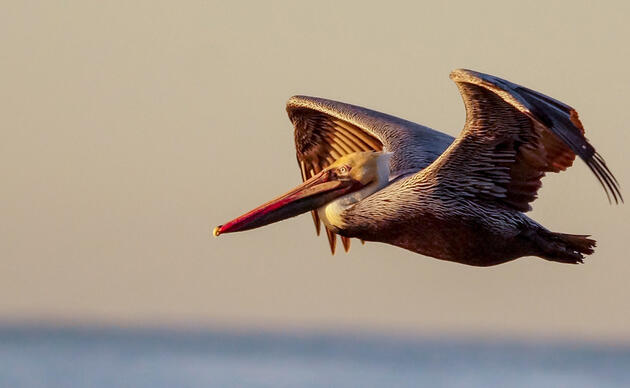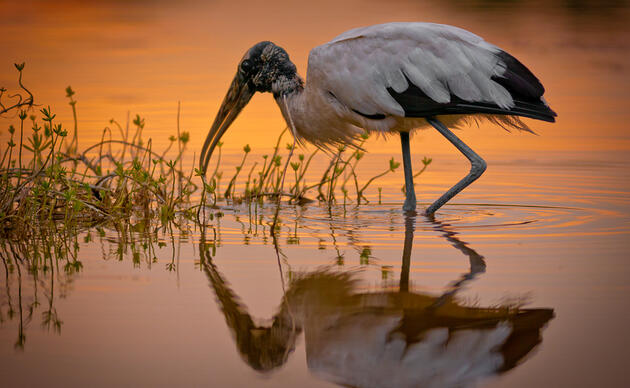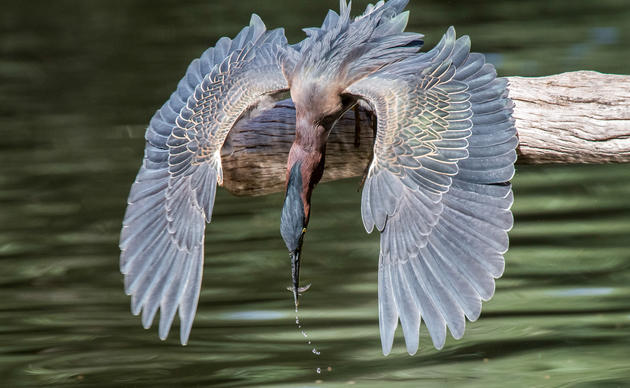This article was written by Shamira McCray and published in the Post and Courier on April 7th, 2023
Environmentalists have long expressed concerns that removing the crabs during the March 15 to June 15 spawning season threatens endangered species, like the red knot seabird, that depend on the animals for food.
This week’s decision out of the U.S. District Court in Charleston further protects the birds, as the list of beaches included in the resolution are all considered critical habitats for red knots.
Groups such as the biomedical company Charles River Labs have hired contractors in the past to collect an undisclosed number of the crabs in late spring. The business collects their blue blood to yield a valuable medical extract.
Charles River Labs spokeswoman Sam Jorgensen said in an email April 7 the company agreed to the resolution in a preliminary injunction, as it allows the lab to continue the “important work protecting the health and safety of patients, as well as the security of the global biopharmaceutical supply chain.”
Jorgensen said the company is committed to collecting the natural resource of horseshoe crab blood in a safe and humane manner that is environmentally sustainable and ensures safe medical treatments for patients globally.
Part of the request for a preliminary injunction filed last month in district court by the Southern Environmental Law Center concerned the use of containment ponds for the horseshoe crabs.
The SELC represents Defenders of Wildlife and the S.C. Coastal Conservation League in the matter and fought against the state Department of Natural Resources’ authorization of horseshoe crab containment ponds and Charles River Labs’ use of such ponds.
Court documents say harvesters often take crabs for pond storage while red knots are foraging for their eggs. This is like taking food directly from the protected species, the groups say.
Charles River Labs, Marsh Point Farms and Gault Seafood are prohibited from harvesting horseshoe crabs from these beaches during the spawning season, March 15-June 15:
— North Cape Island
— South Cape and Lighthouse Island beaches
— Raccoon Key Complex and White Banks beaches
— Marsh Island
— Bulls Island beach
— Capers Island beach
— Dewees Island beach
— Isle of Palms beach
— Sullivan’s Island beach
— Folly Beach
— Bird Key Stono
— Kiawah Island and Seabrook Island beaches
— Deveaux Bank
— Edisto Island beaches
— Pine and Otter Island beaches
— Harbor and Hunting Island beaches
— Fripp Island Beach
The agreement signed April 6 prohibits purchasing, selling, placing in containment ponds and biomedically processing any horseshoe crabs harvested from beaches considered as critical habitat areas for red knots. The list of coverage areas includes about 30 beaches from North Cape Island Beach in the northern part of the state to Fripp Island Beach in the south.
Charles River Labs and its contractors will have to certify that any horseshoe crabs they take were not harvested from any of the critical habitat areas. They must also use a GPS device while harvesting and provide a weekly record to Defenders of Wildlife, Coastal Conservation League, DNR and the court, beginning April 21.
A status conference is planned near the beginning of July to evaluate the effectiveness of the preliminary injunction and to explore final resolution of the action, according to consent order from the court.
This month’s resolution is a “huge victory for red knots,” said Catherine Wannamaker, an attorney with the SELC.
“This is the largest protection of red knot feeding habitat we’ve ever had in South Carolina,” she added, noting that the order also requires compliance with a DNR rule that prohibits females crabs from going into ponds.
Blaik Keppler, DNR’s deputy director for marine resources, said she could not comment on the consent order beyond noting that the agency is adjusting permits accordingly.
More restrictions on horseshoe crab harvesting were proposed last month as well. Federal wildlife officials are considering ending horseshoe crab harvesting at Cape Romain because the practice is not compatible with the coastal refuge’s mission of protecting nature. The U.S. Fish and Wildlife Service listed a number of reasons why harvesting the crabs within the refuge 20 miles north of Charleston is not feasible. One factor cited was that the federal agency would have to divert funding and personnel time to oversee the activity.
The service also noted that removing the crabs from the ecosystem can negatively impact species the refuge was established to protect.
By: Shamira McCray




